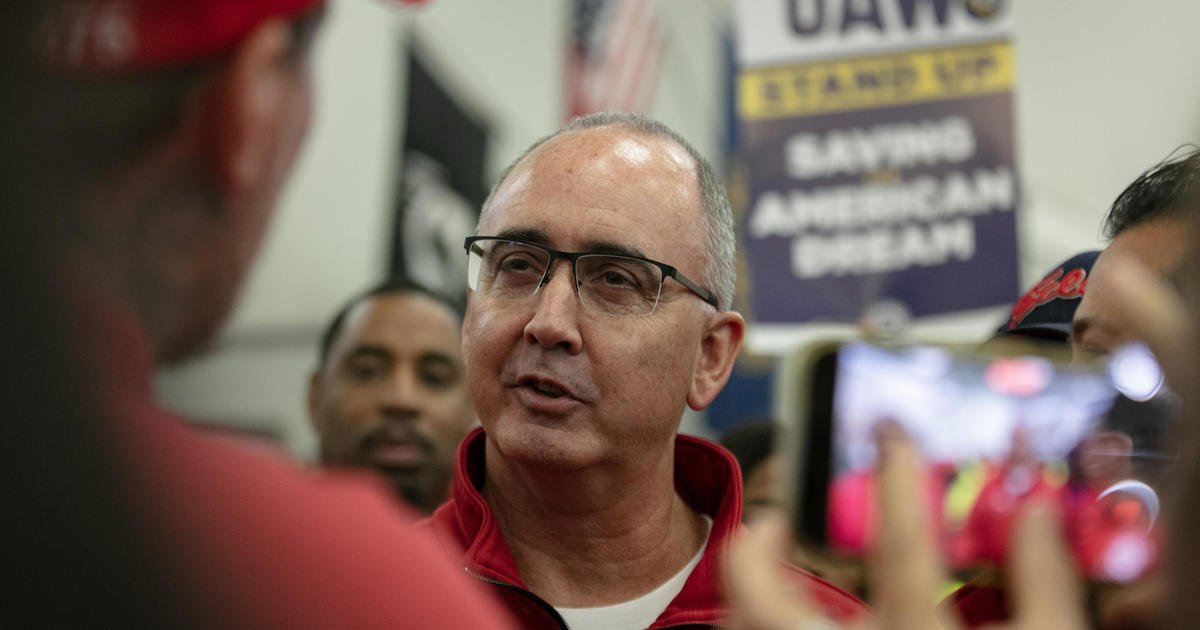Web Site Features Oral Histories Of Arab Americans' Post 9-11 Experiences
DEARBORN -- "We were scared because we knew the FBI was going to come knocking, and they did. My mother had the first visit when my father wasn't home. My father had the SWAT team show up at his business. My brother….someone called the (FBI) 800 number and said he was a terrorist. …"
That's how Michigan State Rep. Rashida Tlaib remembers the days and weeks after 9-11. Tlaib was among the Arab Americans who recorded their stories in September through StoryCorps, the nation's largest oral history project.
Tuesday, the National Network for Arab American Communities (NNAAC) and the Arab American National Museum (AANM) launched a Web page featuring three of the stories. More stories will be posted within the coming months.
Nadia Tonova, director of NNAAC, said she invited StoryCorps to Dearborn because Arab and Muslim Americans have experienced a dramatic increase in racial and ethnic profiling over the past decade. Dearborn is home to the largest concentration of Arab Americans in the United States.
The stories are housed on a Web-based project aimed at combatting Arab stereotypes. The project, "Reclaiming Identity: Dismantling Arab Stereotypes" is online at www.arabstereotypes.org. Both NNAAC and the Museum are programs of ACCESS, a Dearborn-based nonprofit organization.
The Web page was launched on a national day of action against racial profiling. Human rights and immigration activists organized the day on the anniversary of the death of Alex Martinez, a U.S. citizen who was shot 13 times by Border Patrol and law enforcement officials in Washington state on Feb. 28, 2011, after his father, speaking in Spanish, called 911 to request medical attention for his son.
By recording and archiving Americans' oral histories, StoryCorps seeks to remind Americans of their shared humanity, to strengthen and build the connections between people, teach the value of listening, and weave into the fabric of our culture the understanding that every life matters, according to the project's Web site.
"The kind of profiling that lead to Martinez's death mirrors the experiences of too many other Americans, whose accent, national origin, skin color or clothing makes them targets," Tonova said. "Not all of these stories end in the kind of tragedy that took the life of Alex Martinez, but the result of this profiling -- both cumulatively and on an individual level -- is exacting a costly toll on our society by dividing Americans and compromising our civil rights."
For her oral history, Tlaib was interviewed by Brooklyn-based community activist Linda Sarsour. The two Muslim women talk about anti-Arab sentiment, and, for Tlaib, how it influenced her decision to get involved in politics.
"After 911, I was in law school and I said to myself 'what do I need to do?' and I got very, very engaged in post-9/11 issues, especially when it came to the FBI interviews," she said, referring to the letter sent to thousands of young men from the Arab World asking them to submit to "voluntary" interviews with FBI agents.
Other stories posted today include those of Jamila and Nour, students at Dearborn's McCollough-Unis Middle School, where most of the students are Arab American; and Mirvat and Miriam, a mother and daughter who talk openly about what is has meant to them to be Arab and Muslim in Michigan in the post-9/11 era.
To learn more about the National Network for Arab American Communities, please visit www.nnaac.org.



